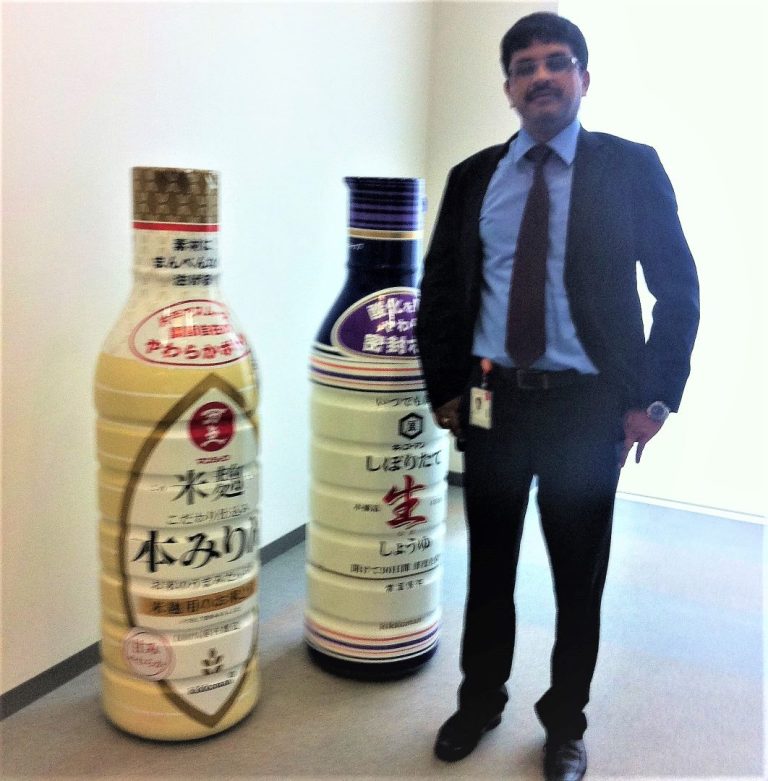Influence without Authority

“Managing pricing challenges in the Indian market, I recall my German boss’s funny quips on the stark contrast between any customer and an Indian customer. He would say they are a different breed . This isn’t just about value selling. The struggle was real during the early days of cloud transformation (2015-2019) when pricing fixed by our US headquarters put us at a disadvantage against competitors.
Dalai Lama for me is one of the best examples of “Influence without authority‘. His influence without formal authority showcases the power of ideas, values, and personal character in shaping the opinions and actions of others. It’s a lot relevant in Business.
As a regional leader for India Consulting, pricing was a constant hurdle. Leadership made it clear that discounts weren’t an option and positioning value was the only way. Instead of succumbing, my current co-founder, Nagabhushana Urala K (then head of global delivery) and I, along with my Manager (APAC head), took it as a challenge. Thorough research on competition, business, and pricing allowed us to find our sweet spot (Focus). We presented a simulation of the future business outlook and the impact of our proposed pricing & new Business mix on the region’s P&L. This was a case of ‘Influence without Authority,’ where we had no control over pricing (determined by market and dictated by HQ), but our approach to influence the Leadership made a significant impact on business with a special pricing policy for a definitive period.
Of course if we had charisma like Dalai Lama the job is easier. However being a normal soul had to take the harder route . Here are a few of my key learnings when you want to ‘Influence without Authority’, for normal souls –
Timing of the Ask:
a. Assess urgency and time available.
b. Gauge the person’s readiness to pay attention.
c. Consider the climate and find ways to make it favorable.
Right Way to Ask:
a. Avoid being too persuasive or assertive.
b. Strike a balance between persuasive and energizing communication.
c. Use language like “Imagine, together we can, I believe” to paint a realistic picture.
Do Your Homework:
a. Support your ask with facts and data.
b. Avoid half-truths, inflated numbers, unnecessary urgency, and anxiety.
Prepare for Resistance:
a. Approach resistance with curiosity, not anger.
b. Encourage the other party to explain their perspective.
c. Provide freedom of choice.
Ask the Magic Question:
a. Pose the question, “What would it take to…?”

